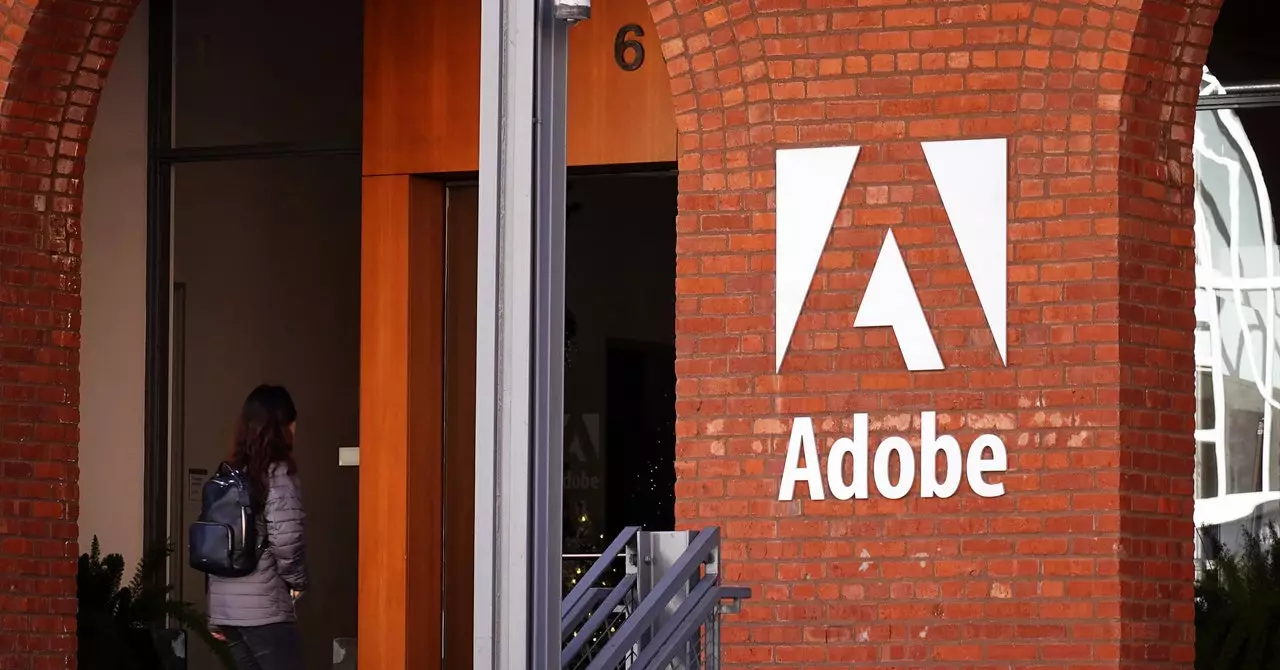When Adobe quietly updated its terms of service in February, users were quick to raise concerns. The language used in the update suggested that Adobe could access user content through both automated and manual methods, including techniques such as machine learning. This raised fears that users were being forced to grant unlimited access to their work for the purpose of training Adobe’s generative AI, Firefly.
Following the uproar, Adobe issued a clarification of its updated terms of service. The company pledged not to train AI on users’ content stored locally or in the cloud and gave users the option to opt out of content analytics. However, the ambiguous language used in the initial update had already sparked a climate of acute skepticism among artists who rely heavily on Adobe for their work.
Jon Lam, a senior storyboard artist at Riot Games, expressed his distrust of Adobe, referencing a situation where artist Brian Kesinger discovered images in the style of his art being sold on Adobe’s stock image site without his consent. The estate of late photographer Ansel Adams also criticized Adobe for allegedly selling generative AI imitations of his work. Despite Adobe’s attempts to clarify the situation, concerns remained about the potential misuse of user-created content to train Firefly.
The controversy surrounding Adobe’s updated terms of service sparked a larger discussion about the company’s market monopoly and how such changes could impact the livelihoods of artists. While Adobe maintains that the updated terms do not grant the company ownership of user content and that user content will not be used to train Firefly, many artists, including Lam, remain skeptical.
The fear of nonconsensual use and monetization of copyrighted work by generative AI models is not new. Cases like artist Karla Ortiz’s experience with images of her work being used in generative AI models without her consent have led to legal action. Polish fantasy artist Greg Rutkowski also found his name being used as a prompt in a generative AI tool without permission.
As the owner of Photoshop and creator of PDFs, Adobe has long been the industry standard for creative professionals. However, its attempt to acquire product design company Figma was blocked and abandoned in 2023 due to antitrust concerns. This incident highlights the size and influence of Adobe in the creative industry, raising questions about the company’s monopolistic power.
Adobe’s updated terms of service have sparked controversy and raised important questions about the company’s practices and its impact on artists. As the creative industry continues to evolve, it is crucial for companies like Adobe to be transparent and respectful of user rights in order to maintain trust and support from the creative community.


Leave a Reply